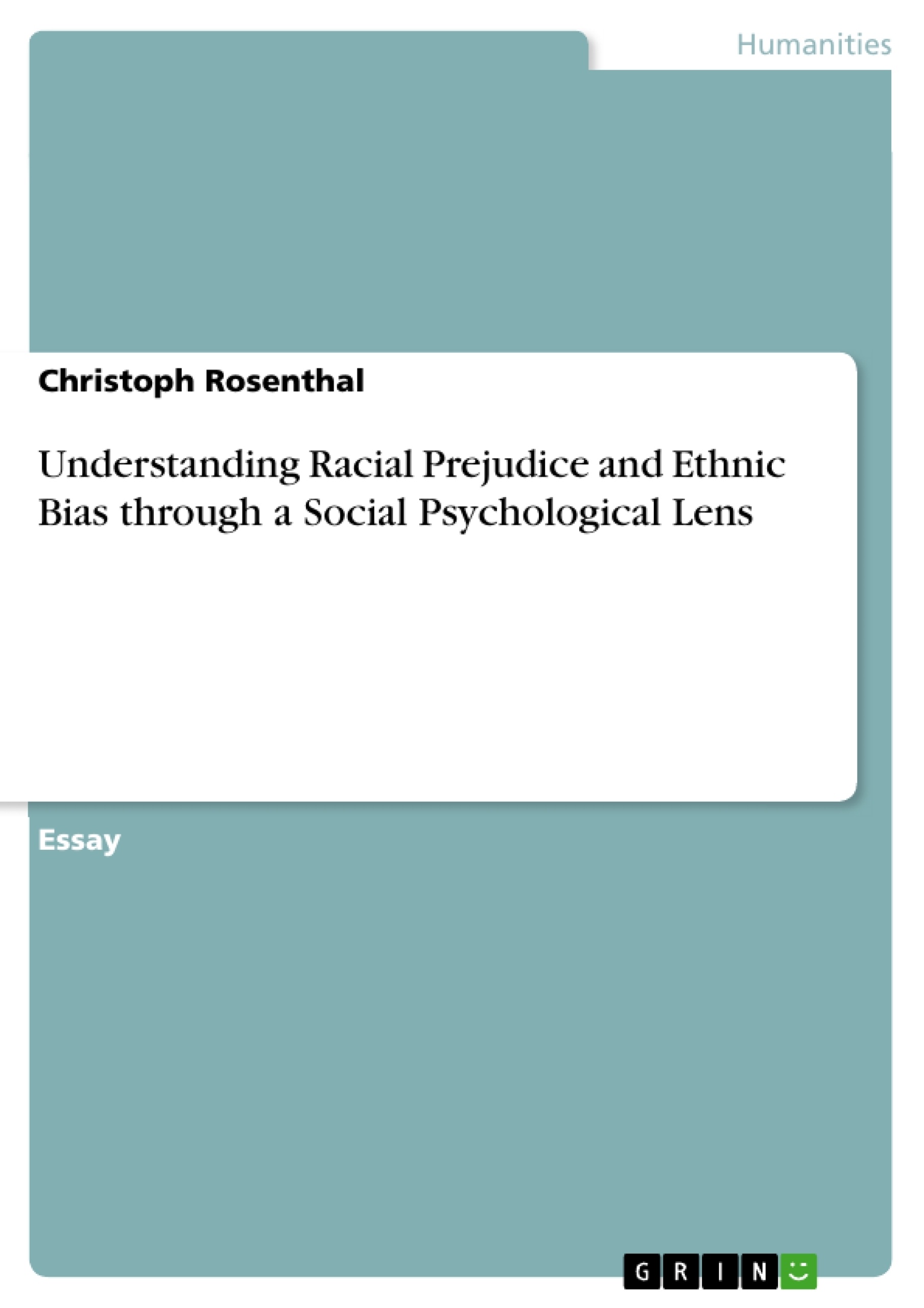On February 26, 2012 neighbourhood watch volunteer G. Zimmerman from Sanford, FL fatally shot unarmed Trayvon Martin, a 17-year old black teenager. The eventual acquittal of Zimmerman sparked fundamental debates about racial profiling and civil rights, polarizing nations and different interest groups in an argument about the possibility of a racialized shooter bias.
A similar case in the US from 2001 revolved around the killing of West-African immigrant Amadiou Diallo, who had been shot 41 times by police after reaching for an object which turned out to be his wallet instead of a gun. Whereas prosecutors and spectators in favour of the victims claimed racism to be the root of such tragedies, the opposing camp argued that prosecuting the shooters would have been a travesty, absurdly and falsely representing self-defence.
Though most common in judicial situations, such as the shootings of Trayvon and Amadiou, racial profiling can be defined as encompassing any form of discrimination based on stereotypes, ethnic bias or prejudice about race and skin colour. Racial bias manifests in negative repercussions for black individuals in a variety of ways, for example in education, recruiting and the workplace, health care, court room decisions and the promulgation of the death penalty.
Omnipresent and deeply entrenched in historical, ideological and socio-political contexts, racial prejudice, ethnic bias and socially created stigma of belonging to an ethnic minority comprise social phenomena whose thematisation and understanding are of paramount importance.
After providing a comprehensively integrated and analytical discussion of social representations theory, attitudes research and social identity in terms of race and prejudice, I will draw on a 45-minute open personal interview with a 22-year old American woman of Nigerian background to analyse some real-life experiences that exemplify the still occurring empiric manifestations of racism and prejudice. Arguing that these phenomena are fundamentally social, this essay achieves to tackle the societally relevant challenge of forging a better understanding of racial prejudice and ethnic bias towards black minorities by employing a
Inhaltsverzeichnis (Table of Contents)
- Introduction
- Racial Prejudice and Ethnic Bias: A Social Psychology Perspective
- Social representations and racial prejudice
- Attitudes
- The wrong side of the street
- Conclusion
- References
Zielsetzung und Themenschwerpunkte (Objectives and Key Themes)
This essay aims to provide a comprehensive understanding of racial prejudice and ethnic bias from a social psychological perspective. It explores the impact of social representations, attitudes, and social identity on the perpetuation of these phenomena, and it utilizes real-life experiences to illustrate their enduring presence in society.
- The role of social representations in shaping perceptions of race and ethnicity
- The influence of attitudes and stereotypes on racial prejudice and ethnic bias
- The impact of social identity and group dynamics on intergroup relations
- The prevalence of racial profiling and its consequences in various societal contexts
- The importance of understanding the social and historical roots of racial prejudice and ethnic bias
Zusammenfassung der Kapitel (Chapter Summaries)
The introduction sets the stage by discussing two high-profile cases of racial profiling, highlighting the ongoing debate surrounding racial bias in the United States. It underscores the importance of understanding the social and historical factors that contribute to racial prejudice and ethnic bias.
The chapter on "Racial Prejudice and Ethnic Bias: A Social Psychology Perspective" delves into the theoretical framework of social representations theory, emphasizing its relevance to understanding the construction and perpetuation of racial prejudice. The chapter also explores the role of attitudes and stereotypes in shaping perceptions and behaviors related to race and ethnicity.
Schlüsselwörter (Keywords)
The primary keywords and focus topics of this essay include racial prejudice, ethnic bias, social representations, attitudes, stereotypes, social identity, racial profiling, and the social and historical context of racism.
Frequently Asked Questions
What is racial profiling?
It refers to discrimination based on stereotypes or ethnic bias, often manifesting in judicial or police situations.
How does social psychology explain racial prejudice?
Through theories of social representations, attitudes, and social identity, which shape how groups perceive and interact with each other.
What were the cases of Trayvon Martin and Amadou Diallo?
They are high-profile US cases where unarmed black individuals were shot, sparking national debates about shooter bias and racism.
What is the impact of racial bias in the workplace?
Racial bias leads to negative repercussions in recruitment, promotion, and overall treatment of ethnic minorities.
Why are social representations important?
They are the shared beliefs and "common sense" ideas that society constructs, which can perpetuate or challenge prejudice.
- Arbeit zitieren
- Christoph Rosenthal (Autor:in), 2013, Understanding Racial Prejudice and Ethnic Bias through a Social Psychological Lens, München, GRIN Verlag, https://www.grin.com/document/300996



